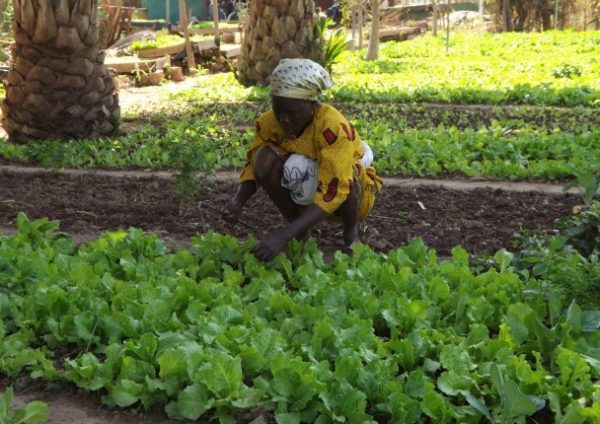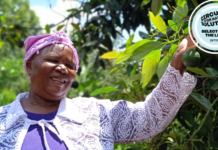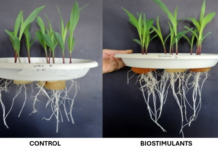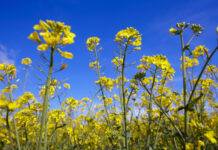Sahel has launched a regional agroecological project set to increase the resilience of Sahelian farmers. The project dubbed ‘FAIR Sahel’ consists of integrating agroecological practices into intensive agriculture.
The project is based on the vulnerability of Sahelian agriculture to the effects of climate change. Under the combined effect of droughts and floods, the land is deteriorating and losing its fertility. With insufficient rain irrigation, crops are reduced or destroyed. Livestock struggle to find water to drink and pasture to feed. The Intergovernmental Panel on Climate Change (IPCC) predicts that agricultural yields are likely to fall by 20% in each decade by the end of the 21st century in parts of the Sahel.
The project is set to be implemented in Mali, Senegal and Burkina Faso over a period of four years at a cost of €9 million. Officially launched this month in Ouagadougou, the capital of Burkina Faso, the project consists of ecologically intensifying agriculture in order to increase climate resilience in a region where two out of three people live from agriculture, according to the World Food Fund (FAO).
‘Fair Sahel’ project
To this end, a synergy of 13 agricultural research centres based in West Africa and Europe has been set up by Inera (Burkina Faso), UNPCB (Burkina Faso), AMSP (Burkina Faso), Isra (Senegal), ENSA (France), and ENSA (Italy), Isra (Senegal), ENDA Pronat (Senegal), IER (Mali), AOPP (Mali), AVSF (France), CSIC (Spain), ZALF (Germany), Wageningen University (Netherlands), IRD (France), and CIRAD (France).
“Agro-ecological intensification can provide sustainable solutions to help Sahelian producers develop agriculture that is more resilient to climatic hazards and increase their food security”, explains Eric Scopel, a CIRAD researcher and project coordinator.
The ‘Fair Sahel’ project will be implemented in three countries in the region. In the Niayes, market gardening areas in Senegal. In Burkina Faso the project will focus on sorghum and legume crops. In Mali, the project will be implemented in cotton production areas. Fair Sahel” will run for four years and will require an investment of €9 million.
The project is financed to the tune of 7 million euros by the European Union (EU), 1.5 million euros by the French Development Agency (AFD) and 500,000 euros by the Institut de recherche pour le développement (IRD) and CIRAD.
“This project is a further illustration of research based on high-quality, long-term partnerships between all the stakeholders concerned. It is part of CIRAD’s overall research system, which aims to support stakeholders in the agro-ecological transition,” explains Serge Marlet, CIRAD’s Deputy Regional Director.









